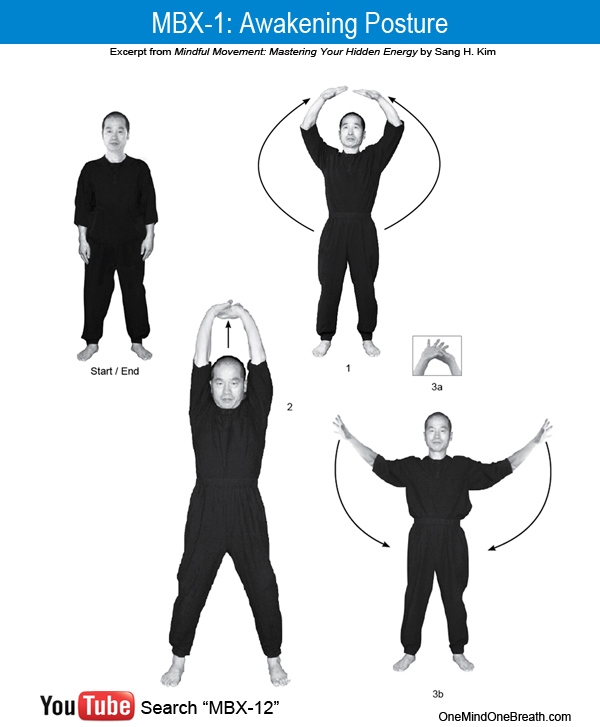Introduction: Understanding Vomiting
Vomiting, or the act of forcefully expelling stomach contents through the mouth, is a common and often unpleasant experience. It can be triggered by various factors, including illness, motion sickness, food poisoning, pregnancy, or excessive alcohol consumption. While vomiting is the body’s way of getting rid of harmful substances, it can leave us feeling weak, uncomfortable, and depleted. Fortunately, there are effective strategies to stop vomiting quickly and alleviate discomfort.
1. Hydration is Key: Sip on Clear Fluids
When you’re experiencing vomiting, staying hydrated is crucial to prevent dehydration and replenish lost fluids. However, it’s essential to choose the right fluids to avoid further aggravating your stomach. Opt for clear liquids such as water, herbal teas, broth, electrolyte drinks, or sports drinks in small, frequent sips. Avoid caffeinated or sugary beverages, as they can worsen nausea and dehydration.
2. Try the BRAT Diet: Gentle Foods for Upset Stomachs
The BRAT diet, which stands for bananas, rice, applesauce, and toast, is a bland diet often recommended for soothing upset stomachs and reducing vomiting. These foods are easy to digest and unlikely to irritate the stomach, making them ideal choices when you’re feeling nauseous. Additionally, crackers, pretzels, boiled potatoes, and plain pasta can also be gentle on the stomach and provide much-needed calories and nutrients.
3. Ginger: Nature’s Nausea Remedy
Ginger has long been used as a natural remedy for nausea and vomiting due to its anti-inflammatory and digestive properties. Whether consumed in the form of ginger tea, ginger ale, ginger candies, or ginger capsules, this potent herb can help alleviate nausea and promote digestion. Sip on ginger tea or chew on ginger candies to soothe your stomach and reduce vomiting episodes.
4. Rest and Relaxation: Give Your Body Time to Heal
When you’re feeling nauseous and vomiting, it’s essential to give your body the rest it needs to recover. Avoid strenuous activities, and instead, focus on resting in a comfortable position, preferably with your head elevated. Practice relaxation techniques such as deep breathing, meditation, or listening to calming music to help ease nausea and promote a sense of well-being.
5. Medications for Nausea: Consider Over-the-Counter Options
Over-the-counter medications can be effective in relieving nausea and vomiting, especially when caused by motion sickness or gastrointestinal issues. Antihistamines such as dimenhydrinate (Dramamine) or meclizine (Bonine) can help alleviate motion sickness symptoms, while antacids such as calcium carbonate (Tums) can help neutralize stomach acid and reduce nausea. Always read and follow the label instructions carefully and consult your healthcare provider if you have any concerns.
6. Acupressure: Stimulate Pressure Points for Relief
Acupressure, a traditional Chinese therapy that involves applying pressure to specific points on the body, has been shown to alleviate nausea and vomiting. One of the most commonly used pressure points for nausea relief is the P6 point, located on the inside of the wrist, about two to three finger-widths below the crease. Use your thumb to apply firm pressure to this point for a few minutes to help reduce nausea and vomiting.
7. Avoid Trigger Foods and Odors: Listen to Your Body
Certain foods, smells, or environmental factors can trigger nausea and vomiting in susceptible individuals. Pay attention to what triggers your symptoms and avoid those triggers whenever possible. For example, if you’re prone to motion sickness, avoid reading or looking at screens while in motion, and sit in the front seat of a car or over the wing of an airplane for smoother rides. Additionally, avoid strong odors or foods that exacerbate your nausea.
8. Stay Away from Heavy Meals: Opt for Light, Frequent Snacks
When you’re experiencing vomiting, it’s best to avoid heavy, greasy, or spicy meals that can be difficult to digest and exacerbate nausea. Instead, opt for light, bland snacks that are easy on the stomach and provide essential nutrients without overwhelming your digestive system. Small, frequent snacks such as crackers, pretzels, rice cakes, or fruit slices can help keep your energy levels up without triggering vomiting.
9. Stay Calm and Distract Yourself: Mind Over Matter
Mind-body techniques such as distraction, visualization, or guided imagery can be effective in reducing nausea and vomiting by diverting your attention away from discomfort. Engage in activities that distract and relax you, such as watching a funny movie, listening to soothing music, or practicing gentle yoga or stretching exercises. By focusing on positive thoughts and activities, you can help alleviate nausea and promote a sense of well-being.
10. Know When to Seek Medical Attention: Be Mindful of Warning Signs
While most cases of vomiting can be managed at home with self-care measures, it’s essential to be mindful of warning signs that may indicate a more serious underlying condition. Seek medical attention if you experience severe or persistent vomiting, dehydration, abdominal pain, fever, blood in vomit, or signs of shock, as these may require immediate medical intervention. Trust your instincts and consult your healthcare provider if you have any concerns about your symptoms. Read more about best way to stop vomiting










